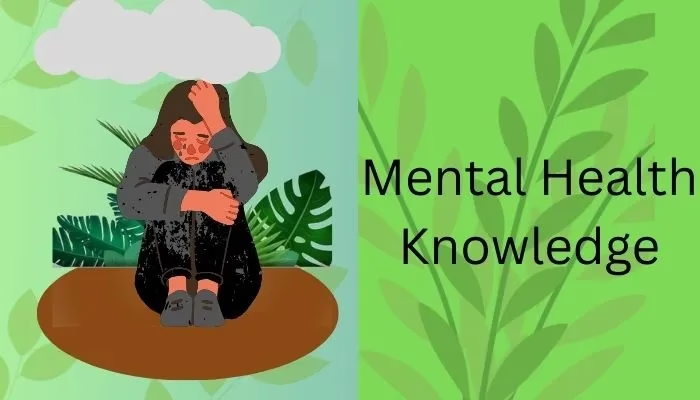
Mental health and vicarious trauma are skilfully connected, mostly for people who dedicate their lives to helping others through emotional hardships. Indeed, while guardian and parenting steps are frequently deeply rewarding, they also expose individuals to hidden emotional risks that can silently break down psychological well-being. Moreover, understanding how indirect showing to trauma affects emotional health is major for maintaining long-term mental flexibility and promoting inner strength.
Emotional exposure to others’ pain assembles over time.Eventually, mental health and vicarious damage can develop a strong, unseen connection, revealting in emotional tiredness, stress, and even severe psychological misery if no longer properly addressed.
Unlike direct trauma, vicarious trauma stems from understanding engagement.
Helpers regularly absorb the emotional happenings of those they help, soften personal limits and break down emotional well-being without immediate warning signs.
Recognizing early warning signals is vital. Key indicators include:
Clearly, these signs show up the urgent need for mental health understanding among guardians.
Frequently, guardians focus so much on the well-being of others that they forget their personal emotional needs.
However, ignoring personal limits can show burnout, distress, and long-term emotional exhaustion, deeply connected mental health.
Moreover, emotional exhaustion does not only affect professional performance.
It can also spread over into personal lives, damaging connection, family relations, and one’s overall quality of life if left unaddressed.
Fortunately, proactive measures can help. Important practices include:
Thus, prevention plays a serious role in protecting emotional well-being before serious, sensitive issues arise.
Not everyone experiences vicarious trauma at the same intensity.
Several factors influence how severely mental health and vicarious trauma and vicarious trauma take place, making a few people more prone than others..
Among these, private trauma records, place of work subculture, immoderate caseloads, and insufficient supervision play primary roles..
Recognizing those influences enables caregivers to proactively protect their emotional health.
Certain professions path growth publicity to emotional stress. They include:
Therefore, people in those roles have to keep heightened consciousness and regular self-exams.
Flexibility is the key to enduring hard emotional environments. Fortunately, with intention and attempt, emotional power can develop, buffering the outcomes of mental health and vicarious trauma over time.
True resilience involves each practical step and a mental shift. It’s not about ignoring feelings but dealing with them in reality at the same time as preserving a sturdy, sensitive connection to oneself.
Some Strong resilience-building practices include:
Ultimately, resilience allows helpers to manage emotional balance without giving up their feelings of empathy.
Organizations play a serious role in protecting employee well-being.
By promoting a helpful work environment, they can prevent the long-term effects related with mental health and vicarious trauma.
Leadership must understand emotional tension as a real professional threat..
Furthermore, proactive regulations and help structures can significantly decrease burnout and team of workers turnover rates.
Organizations can make a positive impact by:
As a result, workplaces that prioritize emotional well-being see higher morale, higher overall performance, and more healthy workforce members.
Hearing real-life accounts makes the invisible burden more tangible.
Many caregivers share strikingly similar experiences of slowly recognizing how mental health and vicarious trauma crept into their lives unnoticed.Although the journeys are conflicting, certain lessons emerge.
Fearless discussions about struggles help break the stigma and motivate others to prioritize emotional care early on.
Key insights often shared by survivors include:
Thus, these personal stories offer valuable guidance for those currently struggling.
Helping others is gentle, but it should not come at the value of personal balance.
Therefore, grabbing early interference, ongoing self-care, and emotional limits is deciding to decrease the effects of mental health and vicarious trauma.
As guardians it’s essential to understand personal limitations.Arranging one’s personal emotional well-being for a long time increases the ability to livable offer feelings and support to others.
.
Practical ways to manage emotional balance include:
By taking these steps seriously, caregivers can protect both their passion for helping and their emotional resilience for years to come.